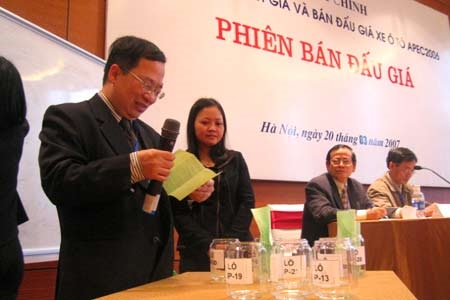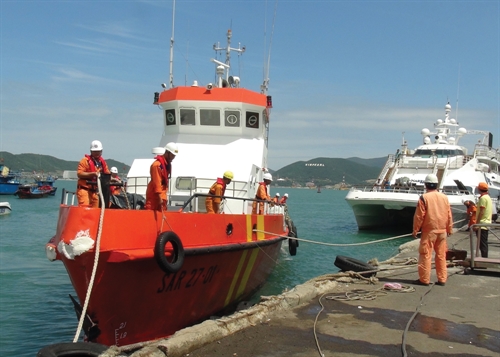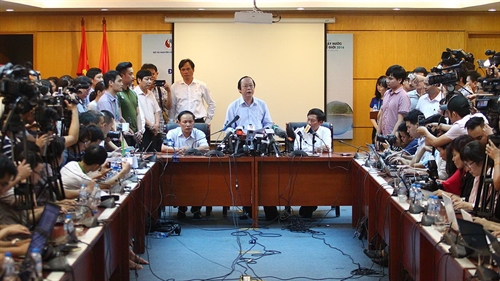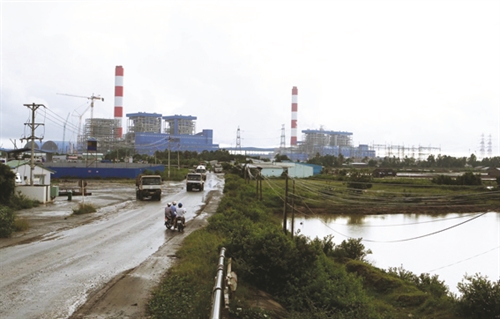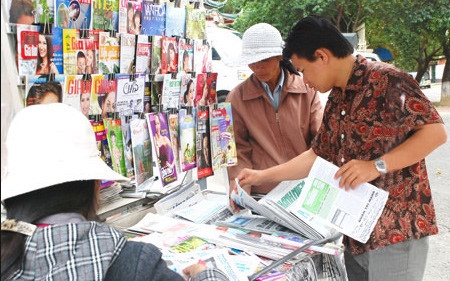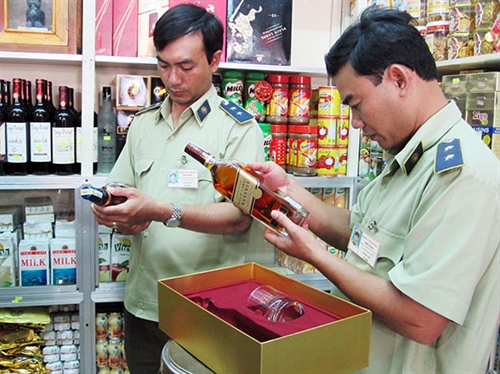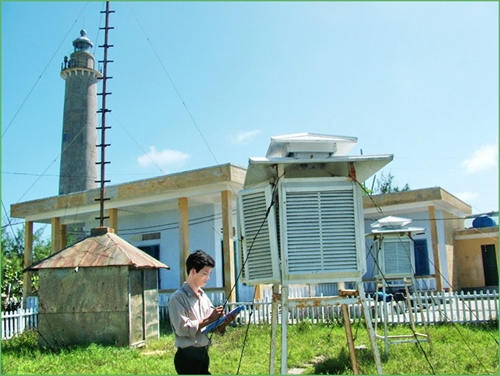The Law on Enforcement of Custody and Temporary Detention (the Law) was passed in November 2015.
With 73 articles arranged in 11 chapters, the Law regulates the principles, order and procedures for enforcement of custody and temporary detention. It also defines the organization, tasks and powers of custody and temporary detention management and enforcement agencies and rights and obligations of persons held in custody or temporary detention.
Principles of management of custody and temporary detention
The management and enforcement of custody and temporary detention must comply with the principles set out in Article 4. Firstly, they must comply with the Constitution and law and guarantee human rights, the interests of the State and lawful rights and interests of organizations and individuals. Secondly, custody, temporary detention and release orders and decisions of competent agencies and persons must be strictly implemented. Thirdly, they must guarantee humanity without any torture, coercion, corporal punishment or any other forms of treatment that infringe upon lawful rights and interests of persons held in custody or temporary detention. Fourthly, persons held in custody or temporary detention can exercise human rights and citizens’ rights and perform citizens’ obligations which are not restricted by this Law and other relevant laws. Finally, incarceration management measures must be applied on the basis of the nature and seriousness of violations and the age, gender, health and other personal characteristics of persons held in custody or temporary detention, guaranteeing gender equality and lawful rights and interests of women and children.
To ensure the supervision and oversight of custody and temporary detention by competent agencies and persons, the Law stipulates that the observance of law by related agencies, organizations and individuals in the management and enforcement of custody and temporary detention will be supervised by People’s Procuracies in accordance with this Law, the Law on Organization of People’s Procuracies and the Criminal Procedure Code. Activities of custody and temporary detention management and enforcement agencies and other related agencies, organizations and individuals will be overseen by the National Assembly, People’s Councils and the Vietnam Fatherland Front.
Classification of detainees for management
Persons held in custody or temporary detention are arranged in different sections for management.
According to Article 18, they will be classified as follows: persons held in custody; persons held in temporary detention; persons aged under 18; women; foreigners; persons infected with group-A contagious diseases; persons committing crimes in a hooligan manner, committing murder, committing robbery of extremely serious nature, or committing dangerous recidivism; persons committing crimes of infringing upon national security; persons sentenced to death; persons awaiting to serve imprisonment sentences; persons frequently violating internal rules of detention facilities; and persons showing signs of suffering a mental disease or another disease that deprives them of the capacity to perceive or control their acts, who have not yet been examined, or are awaiting examination results or transfer to a compulsory medical establishment.
Rights and obligations of detainees
Currently, rights and obligations of persons held in custody or temporary detention are specified in different legal documents. These documents have been revised in conformity with the 2013 Constitution.
The Law on Enforcement of Custody and Temporary Detention defines in Article 9 the most basic rights of persons held in custody or temporary detention, including having life, body and property safely protected, having honor and dignity respected, exercising the voting right and the right to vote in referenda, complaining about and denouncing illegal acts, and being compensated for damage in accordance with the Law on State Compensation Liability if being held in detention or custody in contravention of law. They are informed of their rights and obligations and internal rules of the detention facility and entitled to the prescribed regime of meal, accommodation, clothing, personal articles, medical care, spiritual activities, sending and receipt of letters, and receipt of gifts, books, newspapers and documents. They may meet their relatives and defense counsels and have consular access or meet their lawful representative to conduct civil transactions. They are entitled to guidance on, explanation about, and exercise of, the right to defend on his/her own or ask for defense or legal aid from others. Noticeably, they have the right to file a request for release upon expiration of the period of custody or temporary detention.
They are also entitled to other citizens’ rights that are not restricted by this Law and other relevant laws, unless such rights cannot be exercised due to the custody or temporary detention.
The above article also says a person held in custody or temporary detention must obey decisions, requests and instructions of competent custody and temporary detention management and enforcement agencies and persons. They have to observe internal rules of the detention facility, this Law and relevant laws.
Under the National Assembly’s Resolution No. 144/2016/QH13 of June 29, 2016, the implementation of the Law will be delayed until the Law Amending and Supplementing a Number of Articles of the 2015 Penal Code becomes effective, instead of July 1, 2016, as prescribed in the Law.- (VLLF)

